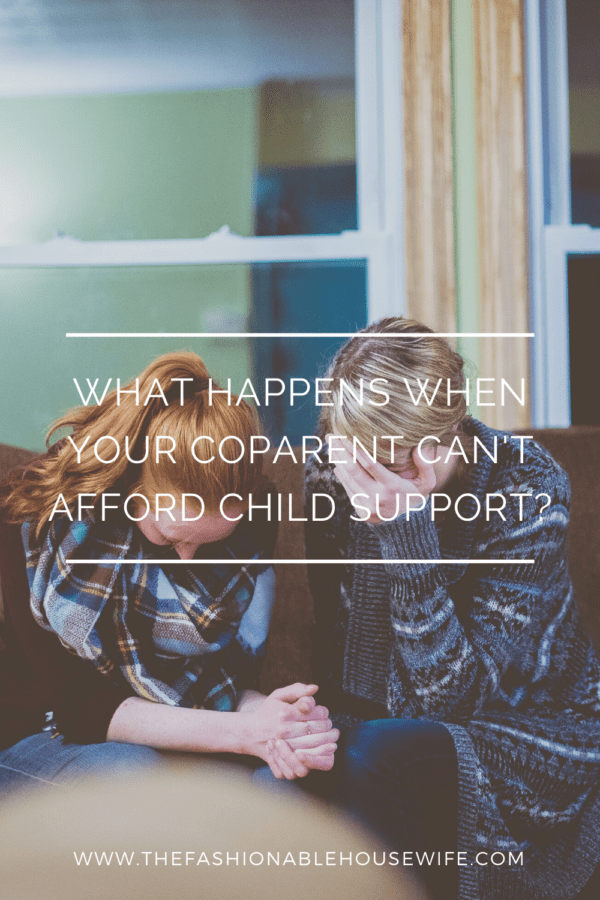
In some cases, coparents may not be able to afford child support, but there are options available to help them make future payments. When parents don’t have any income source, courts may be able to calculate income based on the parent’s potential earning capacity or work history.
When Coparents Are Unable to Make Child Support Payments
Some parents may fall behind on child support payments because of circumstances they are unable to control, including expenses after an accident or another medical emergency, lost jobs, or insufficient income to afford the regular amount. Under these circumstances, the other parent may feel tempted to connect with the struggling coparent and informally agree to help him or her in the meantime, but it’s best to arrange a more formal agreement.
All child support payments are determined by the courts, which is why any adjustments need to be made with the court’s approval. The courts determine payment based on a number of factors including income, earning capacity, and age, and if there are notable changes to certain factors, the courts will need to make adjustments.
When a Coparent Intentionally Avoids Paying Child Support
While most instances of parents being unable to make payments following divorce involve problems they can’t control, some may involve a parent that chooses unemployment to intentionally avoid paying. If the courts determine that a parent is engaging in this behavior, they will likely order child support based on accredited income. Ultimately, the court’s decision will come down to the child’s best interests.
The Consequences of Not Paying Child Support
If a parent fails to make child support payments as required, they can face many consequences. Individuals who don’t pay child support face losing their driver’s license, garnishment of payments by up to 65% of the parent’s disposable income amount, seized tax returns, decreased credit scores, or even jail or prison time along with hefty fines.
This is why it’s best to formally modify a custody order if needed at any point, as opposed to avoiding payments.
How to Make Changes to or Stop Child Support Payments if a Coparent Is Struggling
Choosing not to make child support payments or arranging an informal agreement to modify them are both unacceptable if a coparent is unable to make payments. If coparents want to make changes to the amount that a coparent will pay, they will need to arrange a formal modification with the courts.
However, there is a legal way to stop child support payments altogether if required, but the process can be challenging. The courts believe that a child’s best interests are met through predictable financial payments. Coparents who are unable to make payments will need to convince the court that they’re in a situation that warrants assistance. This will entail filing paperwork and seeking modification, with which coparents may want help from staff members with the court.
At a formal hearing, coparents will then be able to present their case for stopping all child support payments or at the very least minimizing them temporarily.
Taking these steps can help coparents make any adjustments they need in the event income levels change or other financial situations prevent them from making payments.



